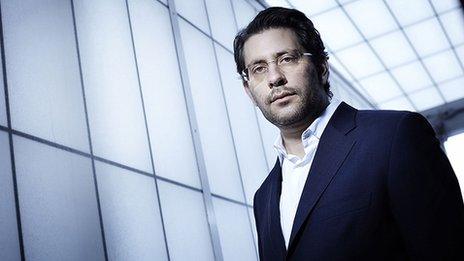BBC chief Danny Cohen defends entertainment shows on the BBC
- Published
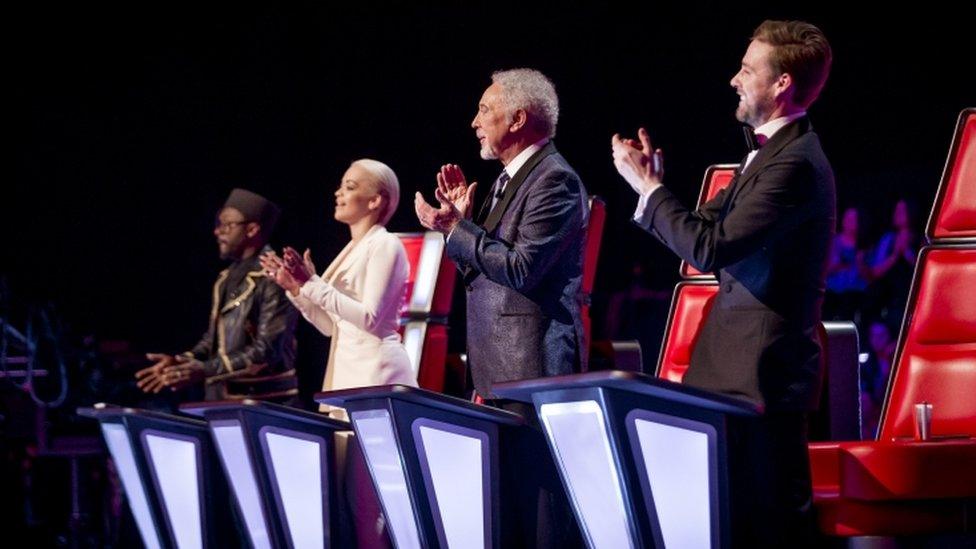
The fourth series of The Voice featured will.i.am, Rita Ora, Tom Jones and Ricky Wilson on the judging panel
BBC TV boss Danny Cohen has defended the corporation's right to make entertainment shows like The Voice and Strictly Come Dancing.
A recent government paper questioned whether such shows were "distinctive" enough compared to commercial rivals.
"I don't know why entertainment has suddenly become a dirty word in the context of the BBC," said Cohen.
"The battle for Saturday nights between BBC and ITV has been going on for decades. It has driven standards."
The BBC's director of television was speaking ahead of his appearance at the Edinburgh TV Festival, external on Wednesday, where he said he would defend the issue "strongly".
"I believe that we should keep fighting for entertainment on Saturday nights on the BBC that reaches a wide range of people up and down the country, from all different sorts of backgrounds," said Cohen.
He said the corporation should be making shows for audiences who put entertainment "top of the list" of what they want from the BBC, rather than "niche" TV programmes that "get the seal of approval from opinion formers".
"A show like The Voice, it's really popular with young people, diverse audiences and less well-off audiences and it matters to them as much as Strictly, and we should make sure that we offer both," said Cohen.
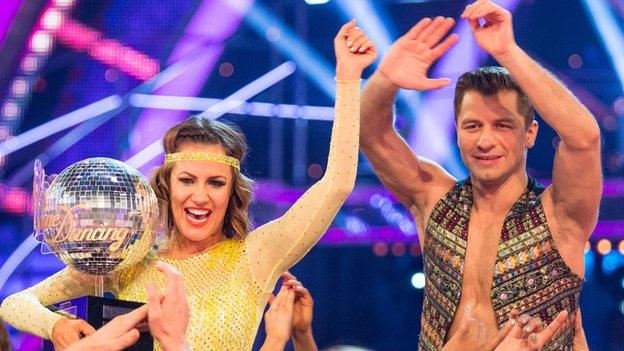
Caroline Flack and dance partner Pasha Kovalev won last year's Strictly Come Dancing
BBC One's talent show The Voice was singled out in the government's consultation paper, external, due to be debated ahead of the BBC's Royal Charter renewal, for being "similar to ITV's X Factor".
Mr Cohen's comments came after BBC director general Tony Hall wrote in the Daily Mirror, external that some commentators were questioning "whether we should provide entertainment" at all.
Culture Secretary John Whittingdale said he was not among them. He said: "I've never questioned it, and as far as I'm aware nobody is questioning it. Nobody is talking about dismantling the BBC."
Bidding wars
Speaking in Edinburgh, Mr Whittingdale praised The Great British Bake-Off as a show that was "not obviously a ratings winner" but has become "one of the most successful shows the BBC has done".
He added: "What they shouldn't do is produce programmes - and this is a personal opinion - which are absolutely indistinguishable from a populist commercially-driven programme."
The minister also questioned whether the corporation should compete with commercial rivals for the British rights to programmes like The Voice, which ITV also wanted to show.
"It was going to be shown on free to air anyway," he said. "Should the BBC get into bidding wars with another free to air broadcaster? I think that's an interesting question."
However Claire Hungate, managing director of Warner Brothers Television UK, told the TV festival that the BBC did not bid more than ITV for The Voice and the BBC won the rights "purely based on creativity" and because it was the best home for the show in the UK.
- Published26 August 2015
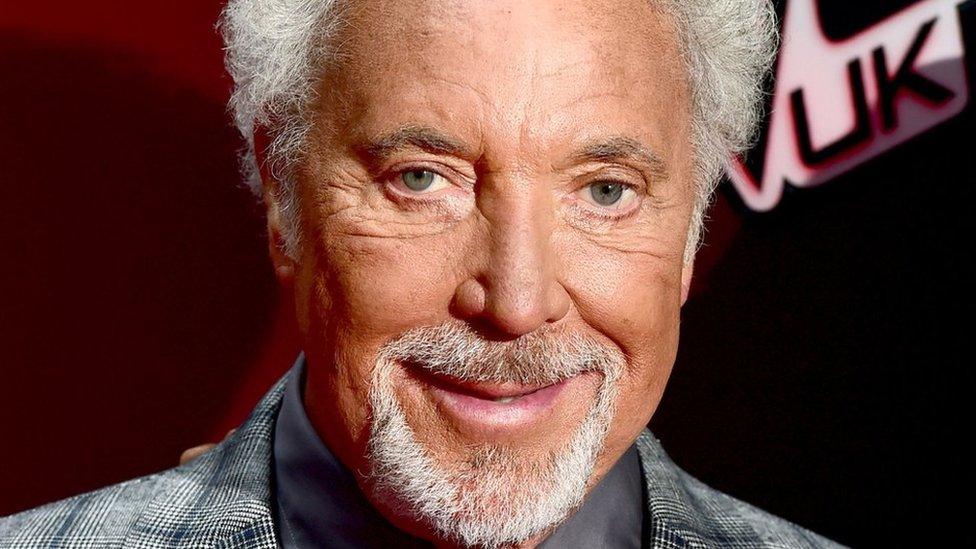
- Published14 August 2015
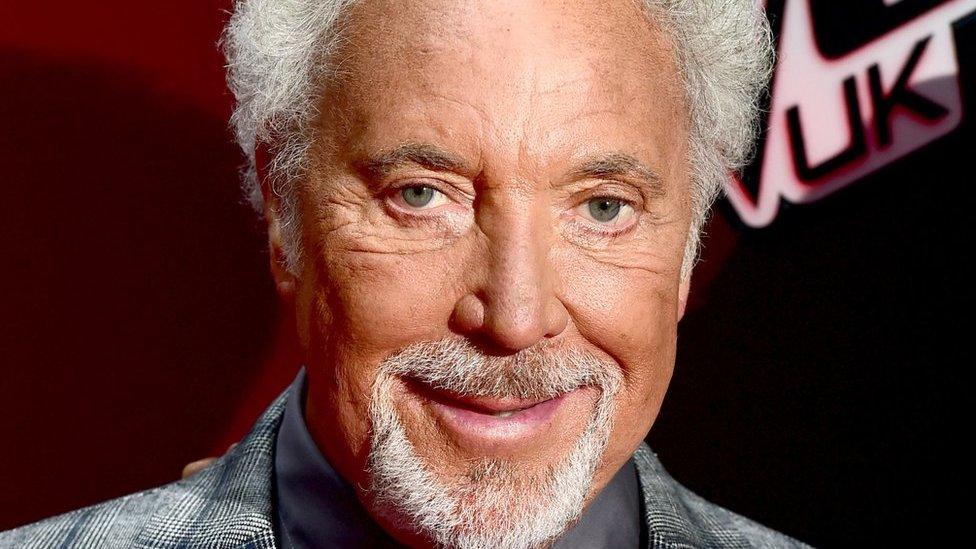
- Published18 June 2014
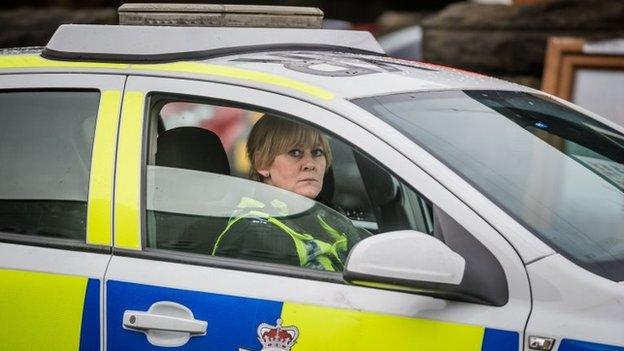
- Published23 April 2013
